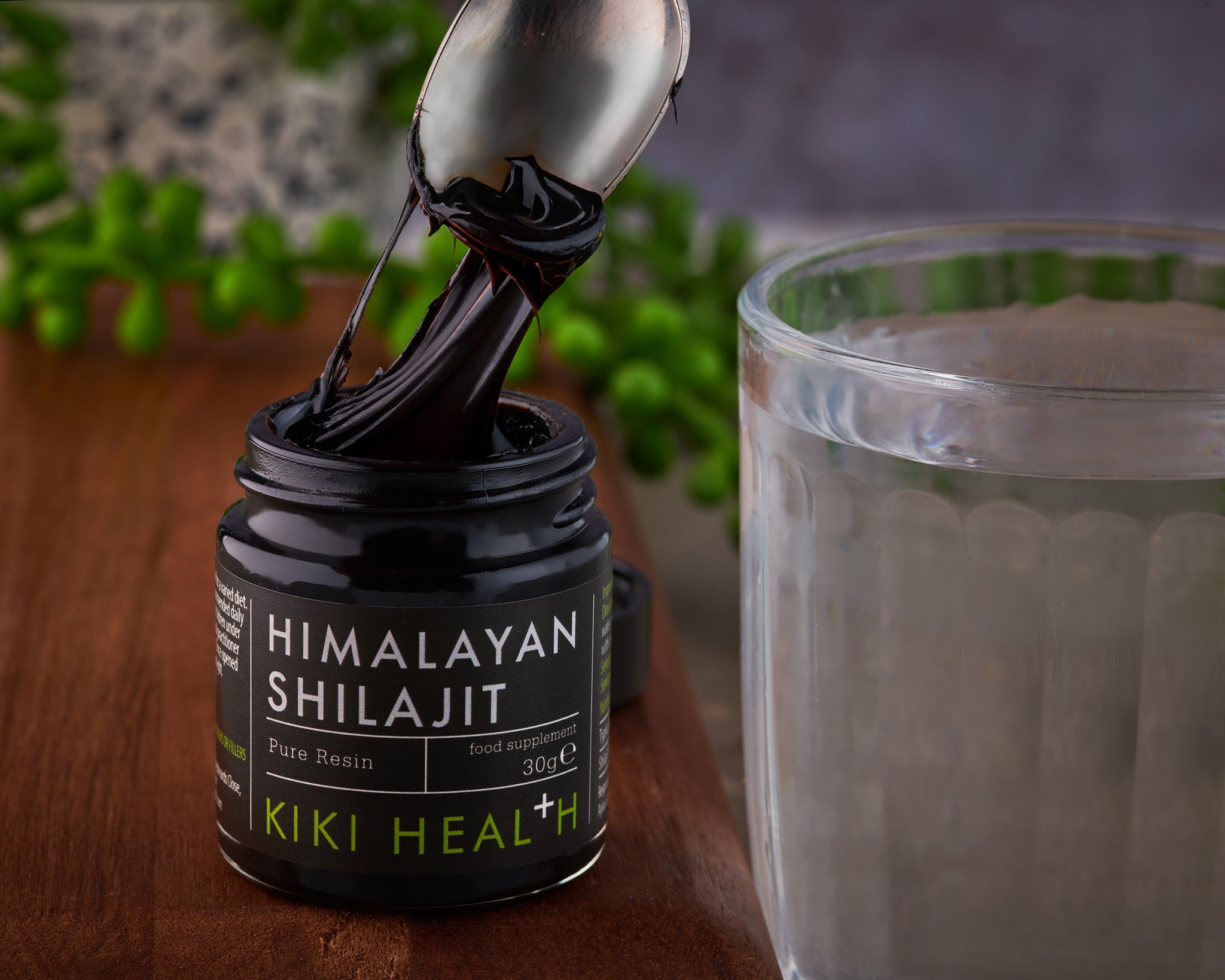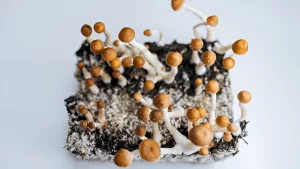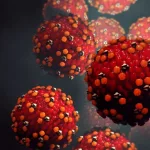Shilajit resin is a supplement widely used in Ayurvedic practice. It contains antioxidants and might provide additional health advantages for certain conditions, though further studies are required.
Shilajit is a tar-like substance primarily discovered within the rocks of the Himalayas. It forms over many centuries from the gradual breakdown of plant material.

Frequently employed in Ayurvedic remedies, shilajit is considered an effective and generally safe supplement that may have a beneficial impact on overall wellness and vitality.
Below are eight ways shilajit is commonly used.
1. Prevent or slow Alzheimer’s disease
Alzheimer’s disease is a degenerative brain disorder that impairs memory, behavior, and cognitive function. While medications exist to help alleviate Alzheimer’s symptoms, some scientists propose that shilajit could influence the disease’s progression based on its molecular makeup.
The chief constituent of shilajit is fulvic acid, a potent antioxidant. This compound supports cognitive health by blocking the accumulation of tau protein. While tau proteins serve important roles in the nervous system, excessive buildup can cause neuronal damage.
Researchers suggest fulvic acid in shilajit may prevent abnormal tau aggregation and lessen inflammation, potentially improving Alzheimer’s-related symptoms. Nonetheless, additional clinical trials and research are necessary.
2. Raise testosterone
Testosterone is the principal male sex hormone, and some men have lower levels than others. Signs of low testosterone include:
- reduced libido
- hair thinning or loss
- reduced muscle mass
- persistent tiredness
- increased body fat
In one trial involving male volunteers aged 45–55, participants were divided: half received a placebo and half were given 250 milligrams (mg) of purified shilajit twice daily.
After 90 consecutive days, those taking purified shilajit showed a notably higher testosterone concentration compared with the placebo group.
3. Treat chronic fatigue syndrome
Chronic fatigue syndrome (CFS) is a long-lasting condition that causes profound tiredness and exhaustion, making it hard to maintain work, school, or daily tasks. Researchers believe shilajit supplements may help reduce CFS symptoms and restore energy.
CFS has been linked to mitochondrial dysfunction, a condition where cells fail to produce sufficient energy.
In a 2012 study, scientists administered shilajit to laboratory rats for 21 days and then induced CFS by forcing them to swim 15 minutes daily for 21 days. The findings indicated shilajit helped lessen CFS effects, possibly by preventing mitochondrial dysfunction.
Based on these outcomes, enhancing mitochondrial function naturally with shilajit supplements may improve energy levels.
4. Slow aging
Because shilajit is abundant in fulvic acid, a strong antioxidant and anti-inflammatory agent, it helps combat free radicals and cell damage.
Consequently, routine shilajit use may support longevity, slow aspects of the aging process, and promote better general health.
5. Reduce altitude sickness
High altitudes can produce a variety of symptoms, such as:
- pulmonary edema
- difficulty sleeping
- fatigue or sluggishness
- bodily aches
- confusion
- hypoxia
Altitude sickness may be triggered by low atmospheric pressure, cold conditions, or strong winds. Some researchers believe shilajit can help alleviate issues related to high altitude.
Shilajit contains fulvic acid and other compounds, offering multiple health advantages. It can act as an antioxidant to boost immunity and cognitive function, as an anti-inflammatory, an energy enhancer, and a diuretic to remove excess fluid.
Due to these properties, shilajit is thought to help counter many symptoms associated with elevated altitudes.
6. Treat iron deficiency anemia
Iron deficiency anemia may arise from a diet low in iron, blood loss, or poor iron absorption. Symptoms include:
- exhaustion
- weakness
- cold extremities
- headaches
- irregular heartbeat
Shilajit supplements, however, may gradually raise iron levels.
A study divided 18 rats into three groups of six. Researchers induced anemia in the second and third groups; the third group received 500 mg of shilajit after 11 days.
Blood samples drawn on day 21 showed rats in the third group had higher hemoglobin, hematocrit, and red blood cell counts compared with the second group. These metrics are key components of healthy blood.
7. Treat infertility
Shilajit is also regarded as a safe supplement for male infertility. In one trial, 60 infertile men took shilajit twice daily for 90 days after meals. By the end of the study period, over 60 percent of participants experienced an increase in total sperm count.
More than half also showed improvements in sperm motility. Sperm motility refers to how well sperm swim, an essential factor in fertility.
8. Support heart health
As a dietary supplement, shilajit may also benefit cardiac health. Researchers examined the effects of shilajit on heart function in laboratory rats.
After pretreatment with shilajit, some rats were injected with isoproterenol to induce heart damage. The study observed that rats given shilajit prior to the injury developed fewer cardiac lesions.
You should avoid taking shilajit if you have active heart disease.
9. Help improve bone density in females
During menopause, many people assigned female at birth (AFAB) may begin to lose bone mass, which weakens bones.
According to a study, taking shilajit supplements regularly may help postmenopausal women experiencing bone mass loss improve their bone mineral density.
This could lower the risk of conditions like osteoporosis and reduce the likelihood of fractures and related injuries.
Is it safe to take Shilajit every day?
Although shilajit is natural and generally safe, you should not consume raw or unprocessed shilajit. Unrefined shilajit can contain heavy metal ions, free radicals, fungi, and other contaminants that may cause illness. Whether purchasing online or from a health store, ensure the shilajit is purified and ready for use.
As an herbal remedy, shilajit is not regulated for quality, purity, or potency by the Food and Drug Administration. Carefully research vendors and choose a trustworthy source.
Who should avoid taking Shilajit?
Avoid shilajit if you have sickle cell anemia, hemochromatosis (excess iron in the blood), or thalassemia. Allergic reactions are possible—stop taking shilajit if you develop a rash, rapid heartbeat, or lightheadedness.
How to use it
Shilajit comes in liquid and powdered formats. Always follow the product instructions.
If using the liquid form, dissolve a small portion the size of a grain of rice or a pea in liquid and drink once to three times daily, as directed.
Alternatively, shilajit powder can be taken twice daily with milk. There is insufficient research to define an ideal dose, so consult your physician before starting shilajit.
Takeaway
Primarily found in Himalayan rocks, shilajit is a sticky substance formed over centuries from decomposing plants. It is commonly used in Ayurvedic medicine and may provide several health benefits.
However, more research is needed to clarify appropriate dosing and mechanisms of action. If you’re thinking about taking shilajit, discuss it with your doctor to confirm it’s safe for you.

























Leave a Reply
You must be logged in to post a comment.